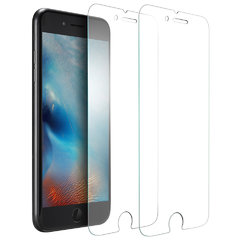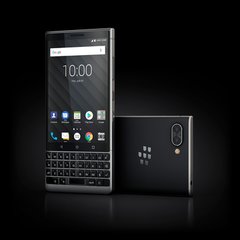
One of the most commonly used functions of any modern mobile phone is SMS messages sending, and SMS is now celebrating its 20th birthday. It all started in December 3rd , 1992 when a 22 year old Neil Papworth, an engineer from the UK typed "Merry Christmas" on his computer,and sent it to Richard Jarvis from Vodafone. Jarvis received this message on his cell phone Orbitel 901, but he could not respond to this message, because back then the possibility (actually technology) to do that did not exist. Two years later, Nokia introduced this feature on their phone... [caption id="attachment_3145" align="aligncenter" width="432"] SMS Messages, it all started as fun![/caption] Initially, the text messages could be sent only to people who have used the same carrier network, and the development of T9 predictive text input has only accelerated the general acceptance of SMS messages. While sending messages was initially free, the operators quickly learned that the profit potential of SMS (short for Short Message Service) is extremely huge, and soon this service in England began to charge (the price was about 16 cents U.S.) . With over one billion messages per month (in the UK alone) until 2001, SMS brought operators profits of 160 million dollars. According to some statistics, the average American cell phone user receives about 357 messages compared to 204 phone calls per month. [caption id="attachment_3148" align="aligncenter" width="432"] Operators were quick to realize that SMS message charge could be very profitable...[/caption] SMS messages are quickly brought an entirely new language, or let’s call it text slang and numerous acronyms, that have become widely accepted and used daily like LOL (Laughing out loud) and OMG (oh my god) and these words have, believe it or not managed in the Oxford English Dictionary. According to certain information, in some regions of SMS usage is in a declining phase. A Finland based operator Sonera, reports that the number of text messages sent on Christmas 2010 was 10.9 million, while the number of messages sent on the same day in 2011 was 8.5 million. Number of messages for Christmas in Hong Kong is down for 14%. In other countries such as Spain, the Netherlands and Australia messaging is also in decline. The reason for this decline in the number of SMS messages, some analysts attribute to the use of computer networks such as the BlackBerry BBM services or applications such as WhatsApp. Benedict Evans, an analyst with telephone technology has counted 25 similar free applications which gather 2.5 billion related members. He said that ten of these networks have over 100 million users and it’s without the 60 million BBM network users. Even when your phone has no mobile network, this application will deliver your message to the recipient. [caption id="attachment_3146" align="aligncenter" width="396"] SMS messages are often a source of accidental or deliberate interesting situations[/caption] SMS messages brought mobile operators (worldwide) an estimated $ 500 billion so far, and it is predicted that by 2019, this profit will reach a staggering one trillion US dollars. Finally, operators will start adjusting prices (as we understood, make them more expensive) because according to Evans, to the operator’s, it is cheaper sending voice (a phone call) than data (text messages). Either way, SMS messages have come a long way, and have a long way ahead in the future. What kind of communication do you prefer, voice or text?










